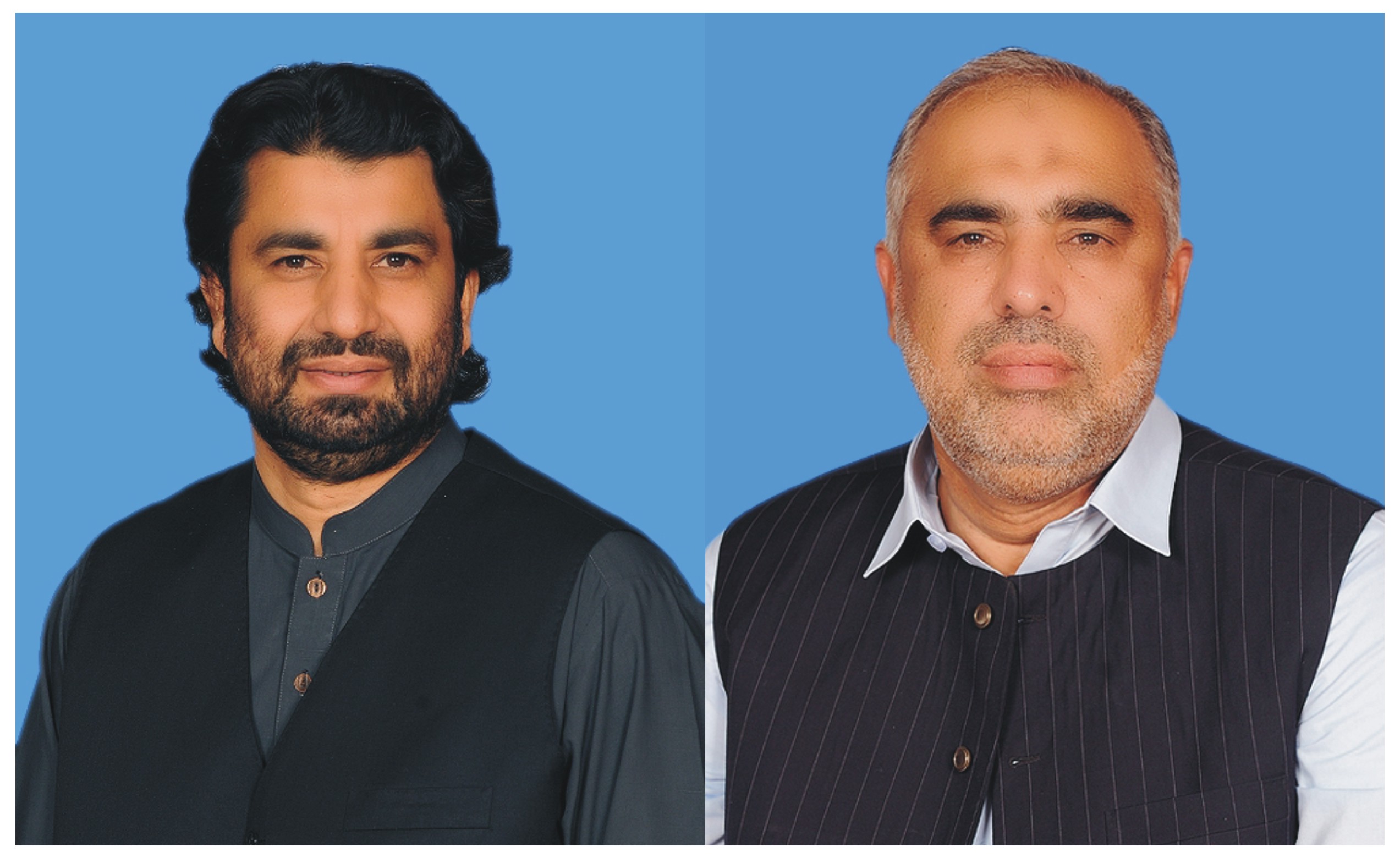ISLAMABAD: Despite establishing a parallel set of procedures for the custody, detention, prosecution and sentencing of terrorism suspects, Pakistan’s Anti-Terrorism Act is not trying terrorists, said a study carried out by the Justice Project Pakistan (JPP).
‘Trial and Terror – The Overreach of Pakistan’s Anti Terrorism Act’, launched in Islamabad on Tuesday, documents the “fundamental weaknesses” in the country’s primary anti-terrorism legislation, including a “vague” definition of terrorism, extraordinary police powers, heightened risk of torture and coerced confessions.
More worrying still, it finds a lack of clarity on whether the Juvenile Justice System Ordinance applies to the ATA, seeing as at least six known juvenile offenders have been executed since the moratorium on the death penalty was lifted. Speaking on the occasion, Senator Farhatullah Babar said, “Anti-terrorism laws almost don’t exist for terrorists, only ordinary criminals, in a broken criminal justice system,” adding that implementing the death penalty has “not deterred crime at all”.
National Commission on Human Rights Chairman Justice (r) Ali Nawaz Chowhan said, “The criminal justice system in Pakistan is a poor system that needs substantial reform. The courts alone cannot bear all the responsibility for the prosecution of cases… there are problems with police, which impedes quick justice. I have always suggested the moratorium and have intervened in executions.”
MNA Shazia Marri and former senator Afrisiab Khattak also spoke. According to Khattak, “Pakistan’s law against terrorism actually has an underreach when it comes to trying and convicting actual terrorists. The law is grossly misused, despite originally being aimed at convicting ‘jet black terrorists’.”
“There is a narrative of terrorism and terror-phobia that the state has been trying to sell, undermining our current anti-terrorism legislation,” said MNA Shazia Marri.
Trial and Terror finds that of the 480 prisoners executed from December 2014 to October 2017, 76 were executed by anti-terrorism courts. However, two out of every three of these executions were for crimes that had no nexus to terrorism.
A 2014 study by JPP had found that due to the broad scope of the law, almost 86 percent of those sentenced to death under the ATA were convicted for offences that bore little connection to terrorism, as it is traditionally defined. “This problem continues to persist today, made worse by the fact that the last year, ATCs handed down 31 death sentences.”
Through a review of 27 cases, as well as interviews of law practitioners and those convicted under the ATA, the report says that the “legislation creates a permissive environment for routine miscarriage of justice and can lead to the wrongful executions of juvenile offenders. ATCs continue to sentence juvenile offenders to death, despite the existence of credible evidence in favour of their juvenility and the JJSO itself. A presidential notification that orders that juvenile offenders sentenced to death before the JJSO was promulgated in 2000 have their sentences commuted remains subsumed by the ATA.”
JPP’s research finds that out of the 28 juvenile offenders in Punjab who are listed by the presidential notification to be entitled to relief, 10 juvenile offenders were tried by anti-terrorism courts. To date, four have been executed, while three have been released and one, Mohammad Iqbal, is currently awaiting execution. “There is a lack of information available regarding the remaining juveniles.”
Published in Daily Times, November 15th 2017.














